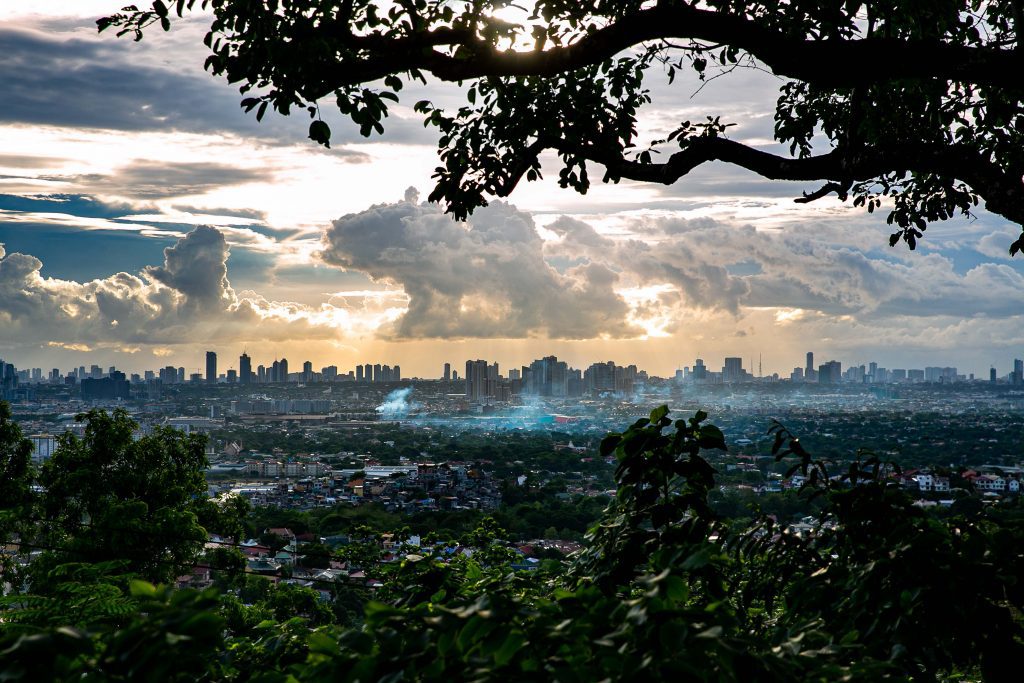
A landmark scientific study has warned of an increased occurrence of frequent extreme events even if global warming is stabilized at 1.5 degrees Celsius.
The new study concluded that total global warming is likely to rise around 1.5 degrees Celsius by 2040 whether or not humanity starts to drastically cut off carbon emissions today.
This means a hotter future is certain.
The Intergovernmental Panel on Climate Change (IPCC), a body of scientists convened by the United Nations, released the new report on August 9.
The study said that “it is unequivocal” that human influence has warned the climate “at a rate that is unprecedented,” adding that widespread and rapid changes in the atmosphere have occurred.
The authors of the report, however, said that “not all is lost” and the human family still has a small window left to prevent a climate catastrophe.
Scientists said that the world should act fast and it would require a coordinated effort among nations to stop emitting more carbon dioxide into the atmosphere.
UN Secretary-General Antonio Guterres echoed the statement of the experts saying that if nations “combine forces now, we can avert climate catastrophe.”
“But, as today’s report makes clear, there is no time for delay and no room for excuses. I count on government leaders and all stakeholders to ensure COP26 is a success,” he said.
The study said global average temperatures will keep rising if governments fail to immediately act, adding that more vicious and dangerous extreme anthropogenic catastrophes will happen.
Current pledges of all governments would only lead to a 1% reduction in emissions, falling way short of limiting global warming to 1.5 degrees Celsius.
The new report, considered the most comprehensive summary of the physical science of climate change, was approved by 195 governments.
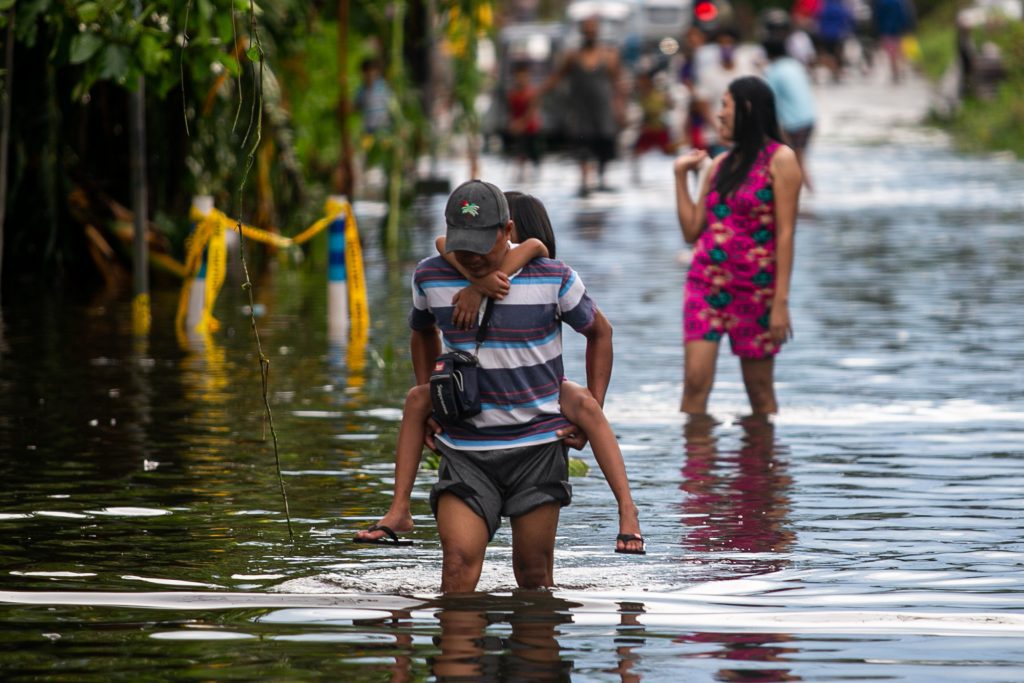
Yeb Saño, executive director of Greenpeace Southeast Asia, said, “Unless world leaders make their commitments as strong as the science requires, we will continue to experience increasing extreme weather events.”
“We now see that these are affecting all of us, but frontline communities, especially in places like those in Southeast Asia, will experience more and more climate injustice if we don’t hold up to the Paris Agreement,” he said.
In the Philippines, pro-environment groups said that the current situation of the global climate and the worsening scenario means “time is running out” especially for vulnerable countries.
Rodne Galicha, convenor of Aksyon Klima, said vulnerable nations, like the Philippines, have no time left “to adapt to these changes while ensuring that our pursuit of development will not follow the pollutive pathways of high-income countries that caused this crisis.”
He said developed countries with the highest carbon emissions “should increase their emissions reductions targets” and “pay their ‘climate debt’ to vulnerable nations.”
“The Philippine government must finalize the country’s low greenhouse gas emission pathway towards achieving its Nationally Determined Contributions (NDC) goal of reducing GHG emissions by 75 percent within the current decade,” said Galicha.
He said it must include “the commitment to nature-based solutions, the phaseout of coal-fired power plants, and initiating a just transition to renewable energy that respects ecosystem integrity and does not displace the most vulnerable.”
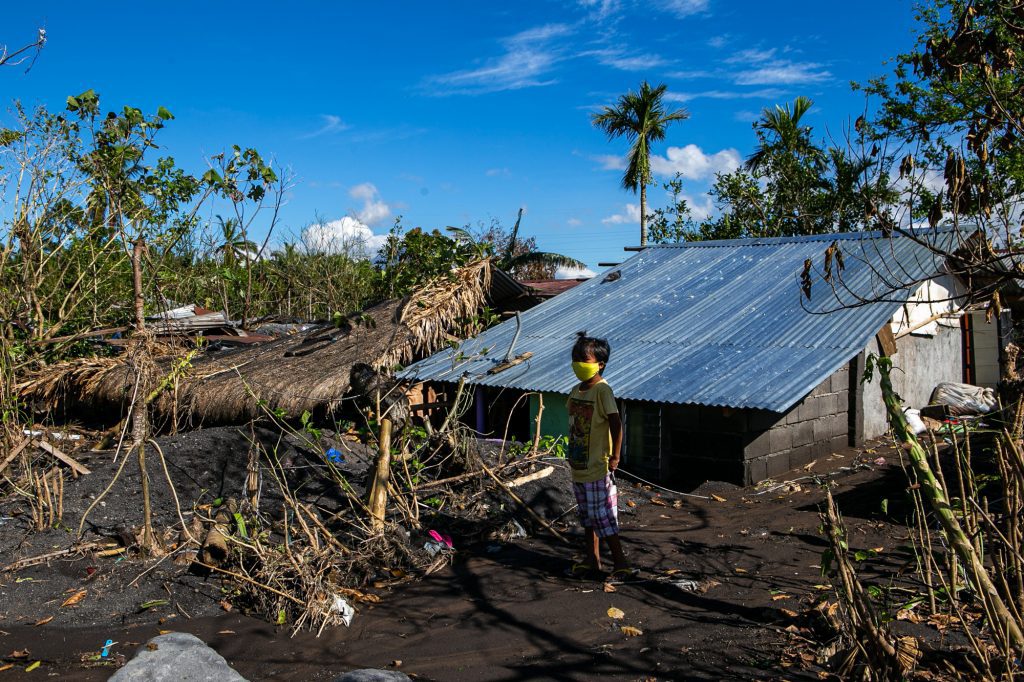
In a statement, Green Thumb Coalition said the Duterte government must take necessary measures now to achieve its goal to become 100 percent renewable energy-dependent by 2050.
Jaybee Garganera, lead convenor of the group, said the Philippine government must “avoid detours like prioritizing gas policies and projects.”
“Time is running out, and the Filipino people cannot afford the continued misguided economic-led priorities of the government to be the primary development framework in a post-pandemic setting,” he said.
Garganera said the IPCC report should be “a marching order for all governments that continue to tread on a business-as-usual track, with its climate rhetoric unmatched in practice.”
“For the Philippines, the projected temperature increase in the report would mean unparalleled destruction, wiping out communities and ecosystems and the death of millions. Our survival is directly hinged on government action and omission,” he added.
Khevin Yu, Greenpeace’s Energy Transition Campaigner, said the Philippine government “should not be content with endless negotiations.”
“We urge the Duterte administration to increase the ambition in the Nationally Determined Commitments, ensure the Congress’ Climate Emergency Declaration is followed through with a coherent national strategy to address the climate crisis, and hold fossil fuel companies accountable for their share of responsibility for the climate crisis.”
The new report is expected to be discussed in the COP26 climate conference that will be held in Glasgow, Scotland in November 2021.

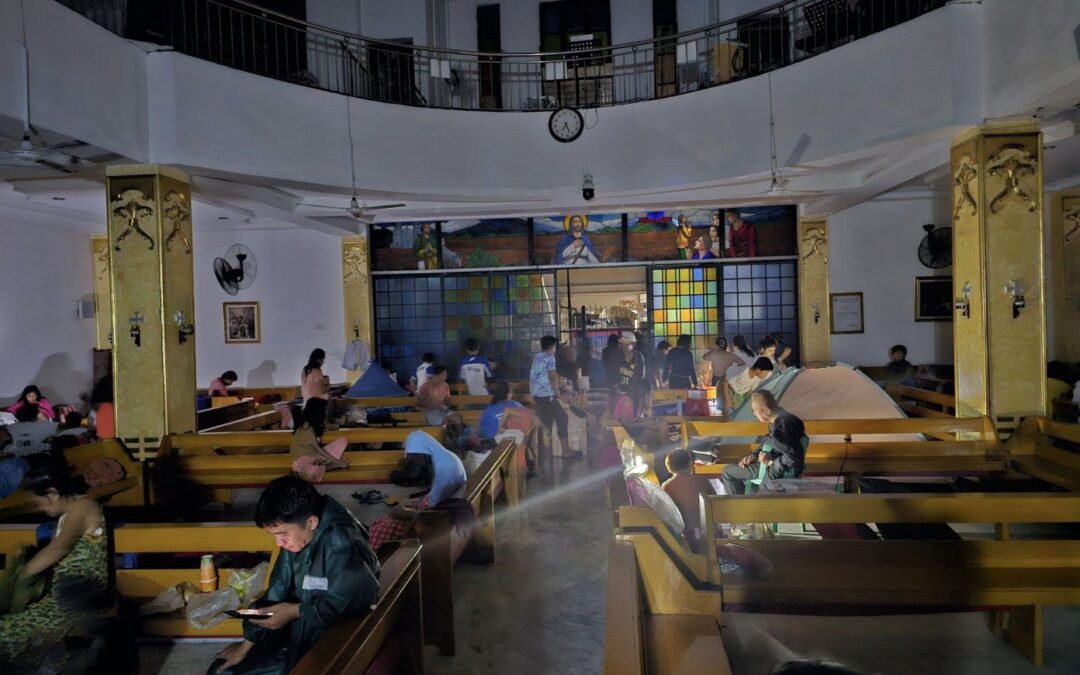
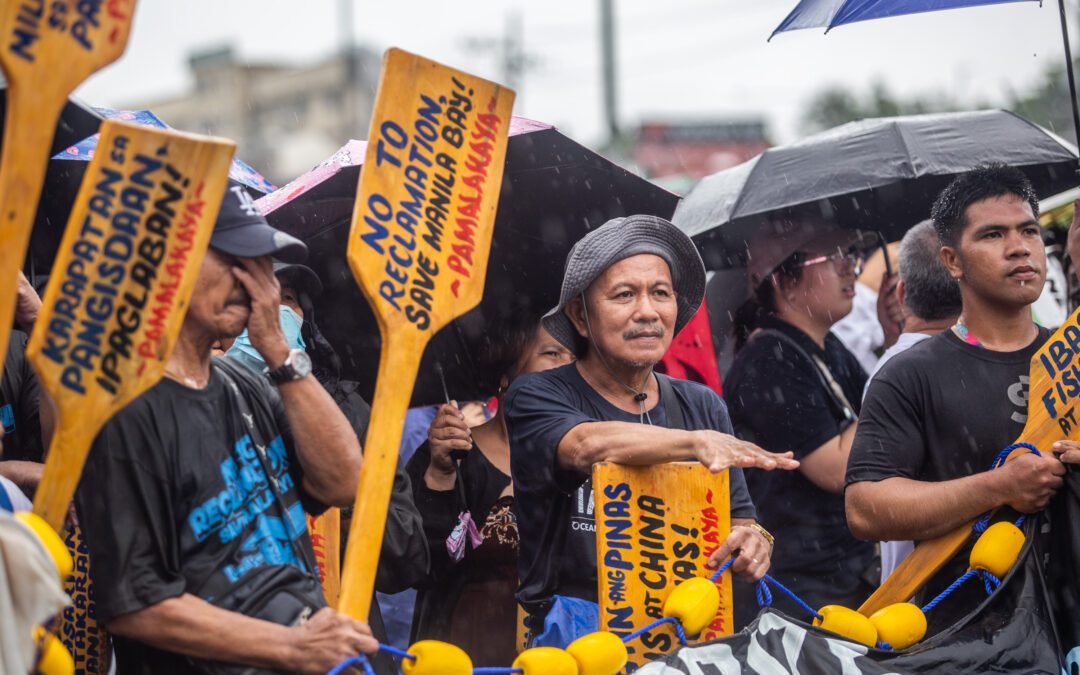

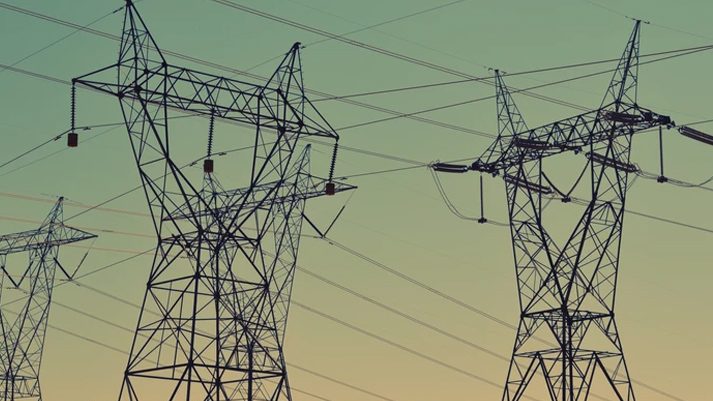
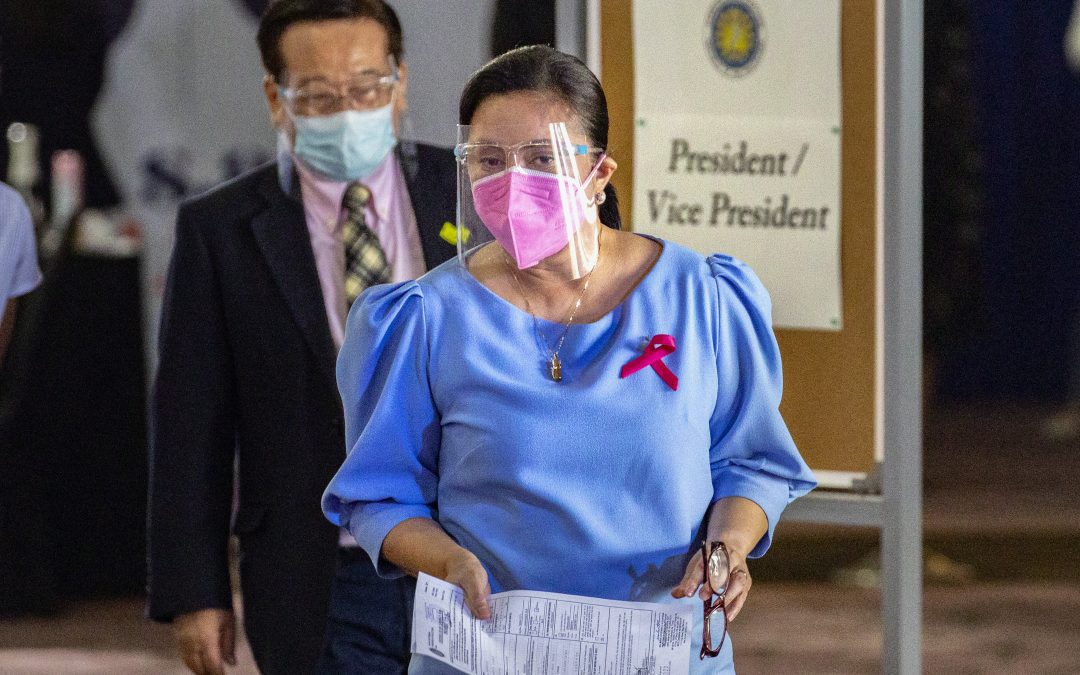
0 Comments